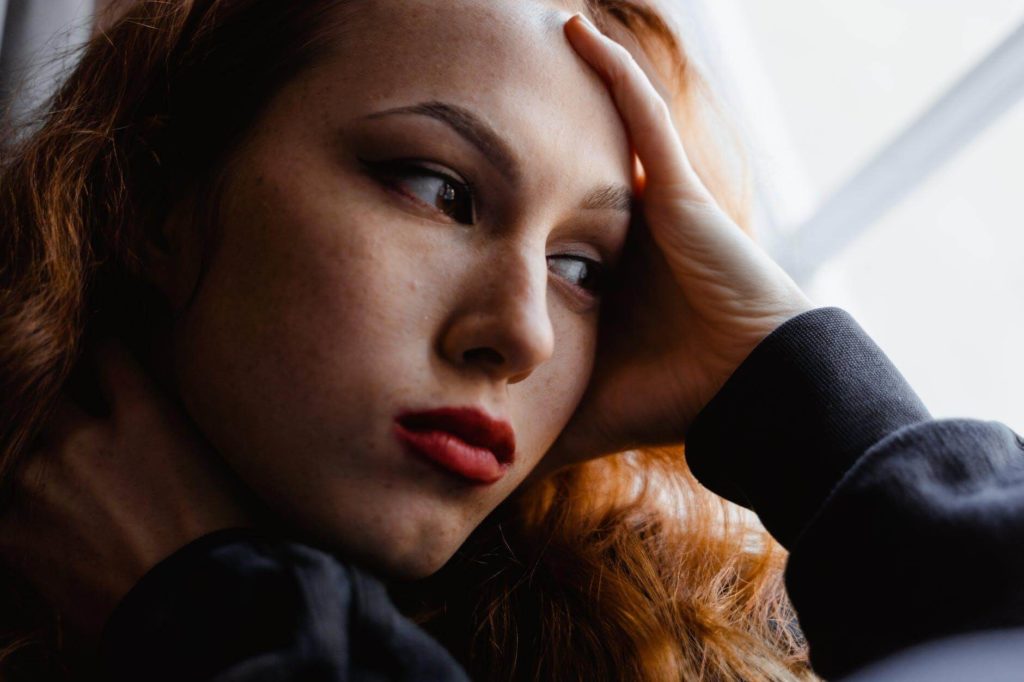False Memories: Here’s How They Form (And What You Can Do About Them)

List of Contents
You may believe that you’ve bought your wallet with you when you left the house only to realize at the store that you didn’t or you may remember that decades ago you skipped school because you hadn’t done your assignment but your mom reminded you that it was because you were sick.
Feels familiar? Well, this could be because of false memories.
What are false memories, though?
A false memory is a memory of an event that might seem real in your mind but can be imaginary or falsified in reality. Most of the false memories aren’t meant to be intentionally hurtful but they are recollections that may not align with true events.
Whether you like to believe it or not, false memories can leave a lasting impression – not only on your psyche but on others around you as well. This can include legal consequences too.
Let’s take a look at what causes false memories, the impact of false memories, and what you can do about your false memories.
How Do Psychologists Define False Memory?
According to psychologists, false memories can include elements such as mental experiences where you believe that your recollection of past events is accurate and true, and second, trivial details where you believe that you took your wallet when you left home.
There’s a difference between simple memory errors and false memories. While you may be prone to memory impairment, having false memory can be more serious than a simple error.
We all experience errors with memories but having and recognizing false memories is rare as it’s a recollection of something that may not have happened in real life at all. False memories are not about forgetting something or mixing up the details of an event.
What Causes False Memories?

Memories, too, are often fallible and unreliable. As complex as memories can be, they can be subjected to change. False memories can be formed in many ways. Here are some ways false memories can be formed.
- The Power Of Suggestion: It is entirely possible to create false memories over a suggestion. Over time, memories can begin to change and may become less vivid. In such cases, it is possible to create false memories to incorporate new (or imaginary) experiences.
- Inaccurate Messages: Just like a computer, our brain stores what we retain. If you present inaccurate messages, it’ll store inaccurate messages. The gaps in your story may drive you to fill them with imaginary events, hence creating false memories.
- Misinformation: When you are fed false information about an event that happened, it may become easy to convince you that the event did occur in reality.
- Misattribution: When we recall a memory, we recall events that have happened but when the timeline is distorted with the actual events, it can create a false memory.
- Impact Of Emotions: The emotions associated with an event can also have an impact on how memories are formed. Negative emotions direct false memories more than positive ones.
Also Read: Repressed Memory: Is it Even There or Not?
What Are The Impact Of False Memories?
Memory errors are common, I mean who doesn’t forget a detail now and again, but many people forget how common false memories are. You may not realize but it is easy to fall prey to suggestions that can create memories of events that never really happened.
The majority of the time, our false memories are insignificant but in some cases, false memories can have serious and long-term associations. In many studies, it was found that false memories are one of the most common causes of false convictions in court. Mainly due to false recollection of an event or false identification of a suspect.
People who are more prone to be affected by false memories can be:
- Eyewitnesses to a traumatic event
- People with a history of trauma, depression, or stress
- People with obsessive-compulsive disorder
With age, you may also notice that details of memory don’t come easily. The essence of the memory may stay but the details may fade with time. Similarly, when it comes to eyewitness testimonies, the time between the event and the interview can also play a role in how false memories are formed.
If a person is interviewed immediately after a traumatic event, the details will be vivid, will remember more, and would be less likely to be influenced by misinformation. However, if the interview is delayed then the person will be more likely affected by false messages.
What Can You Do About Your False Memories?
To get rid of false memories, the only thing you can do is find evidence that disproves your false information. While false memories may seem true and emotional (in some cases), your belief in them can make them more real. Once you find evidence to verify them, you can’t guarantee their authenticity.
Having false memories doesn’t mean that you have poor memory, poor retention skills, or are even at the risk of developing memory disorders such as dementia or Alzheimer’s. False memory, for a lack of a better word, is a part of being imperfect, a quality that makes you human.
Writer’s Thoughts
Every one of us is susceptible to false memories and while our memories, in general, are not as reliable, false memories are easy to create and can range from small to something serious and significant.
False memories are not rare and you might have experienced a false memory in your life, at least once. These memories can be experienced by anyone but fortunately, false memories are generally harmless.
Have you ever experienced a false memory before? Let us know in the comments below! You can also write to us at info@calmsage.com or DM us on social media.
Take Care!




















